
The French School of Asian Studies (EFEO)
22 Avenue du Président Wilson, 75116 Paris, France
Our workshop aims to bridge the gap between the fields of archaeology and machine learning, bringing together experts from both communities to build connections and identify potential collaboration directions.
We will explore how the latest advances in machine learning can be applied to digital humanities problems, and how archaeology's problematics and datasets can inspire new directions in machine learning research.
This workshop is organized by the archaeoscape.ai lab at the French School of Asian Studies (EFEO), established by the late Damian Evans, a pioneer in LiDAR archaeology whose work redefined our understanding of Angkor and the hydraulic management systems of the Khmer Empire. With access to more than 7,000 km² of ALS coverage, our lab studies rainforest civilizations in Southeast Asia with traditional approaches as well as modern computer vision methods.
With our interdisciplinary research focus, we’re increasingly aware of the abundance of opportunities for cross-field collaboration, and we are eager to discuss them. This event will provide an opportunity to exchange such ideas, share progress from our ERC-funded project, and honor Damian's legacy.
The workshop talks will be available via livestream, split into two parts:
The livestreams will be publicly available.
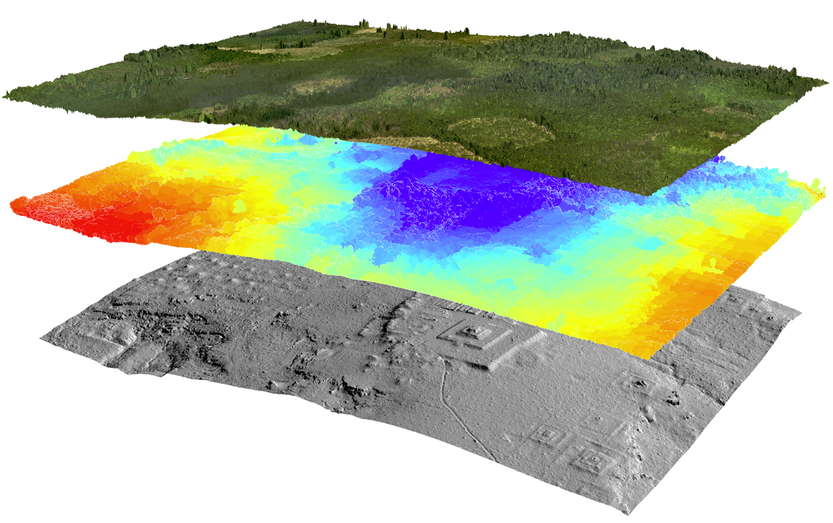
Peeking through the vegetation, mapping the unknown, revealing the forgotten. A look at EFEO's remote sensing research, along with a preview of our current efforts at archaeoscape.ai.
Our recent submission, the first open-access LiDAR archaeology dataset and benchmark, spanning 888 km² and 31,141 features, and discuss its unique challenges.
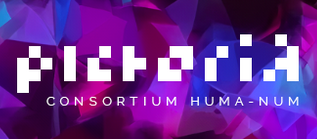
Dedicated to developing shared protocols, training courses, workshops, and prototypes, pictorIA aims to enhance accessibility for AI applications in visual culture within the digital humanities.
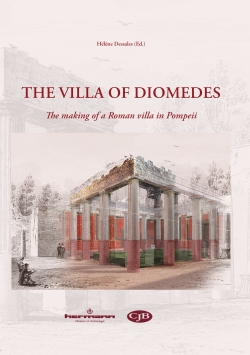
A multidisciplinary initiative that combines archaeology and computer vision to create a comprehensive digital reconstruction and in-depth analysis of the villa's remains.
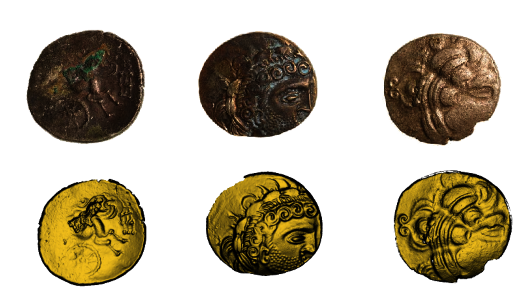
Showcasing a new 3D dataset of 2,070 celtic coin scans, offering benchmarks for point cloud registration and fine-grained clustering.
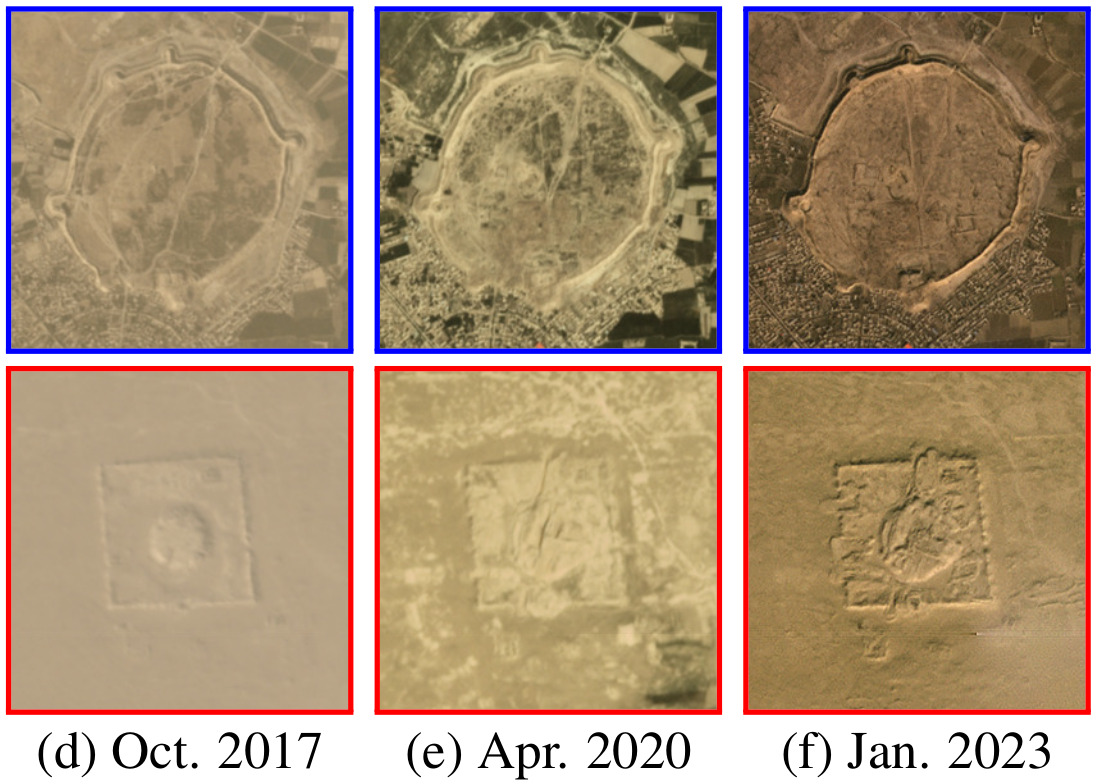
A novel dataset for detecting looted archaeological sites from satellite image time series, containing 55,480 images over 8 years across 675 Afghan archaeological sites.
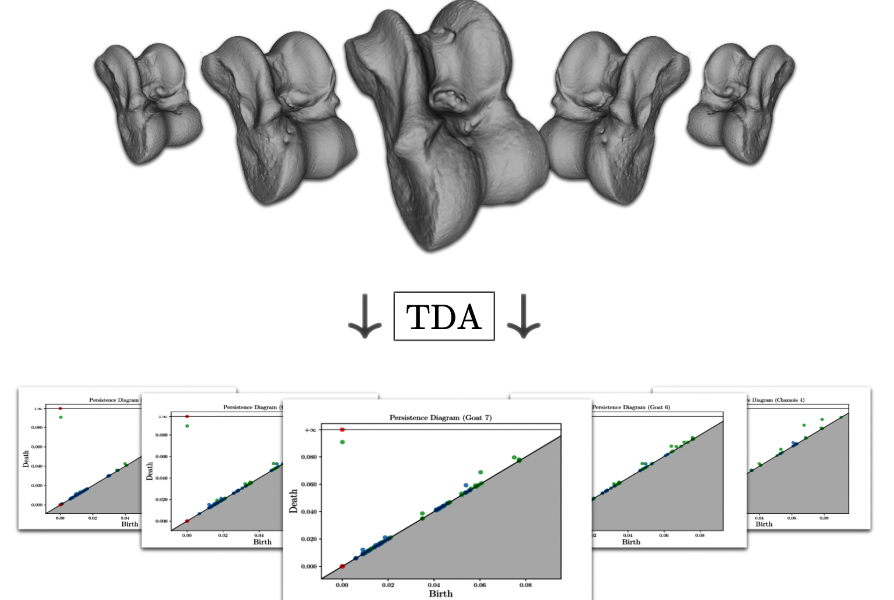
Case study of topological data analysis (TDA) and multiple kernel learning (MKL) for inter-specific identification of 150 3D astragali belonging to modern and archaeological specimens.
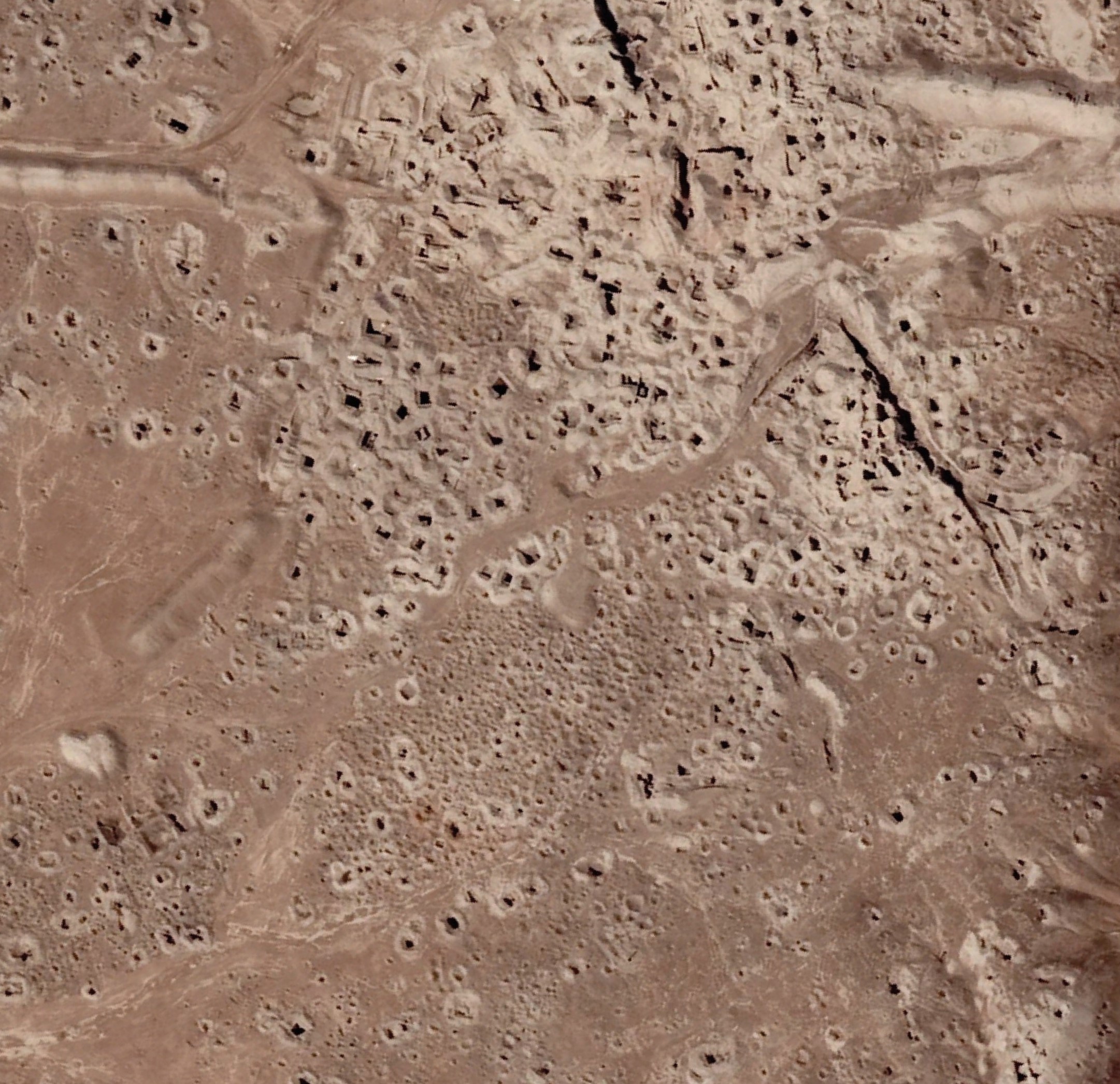
Work on classifying damage to archaeological sites in regions affected by contemporary conflicts and military occupation, uncovering patterns and trends in looting and various forms of erosion.
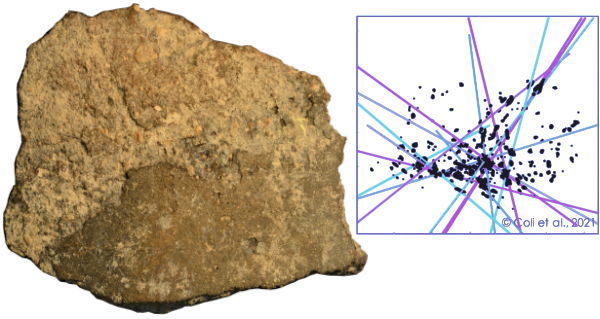
Presentation on a mathematical characterisation of pottery forming sequence based on tomographic data of archaeological and experimental sherds.
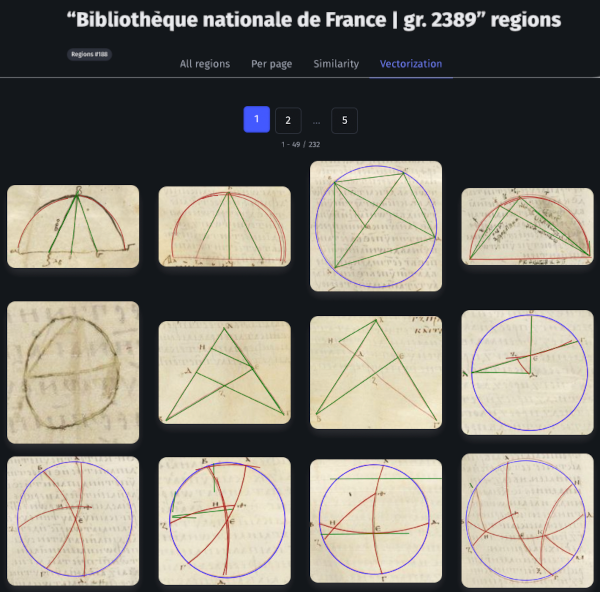
Unveiling the AIKON platform for analyzing large-scale digitized document collections. This open-source, modular platform is built to easily integrate new computer vision and AI tools. The initial release includes modules for extracting illustrations, comparing them across documents, and vectorizing mathematical diagrams. It was initially designed for historians of science as part of the ANR VHS and EIDA projects and the ERC DISCOVER project.

The ECHOES project aims to create a collaborative digital cloud for Europe’s cultural heritage. Led by CNRS, the initiative fosters collaboration, integrates digital tools, and supports the digital transformation of cultural institutions across Europe.
For inquiries, please contact us at: archaeoscape@efeo.net